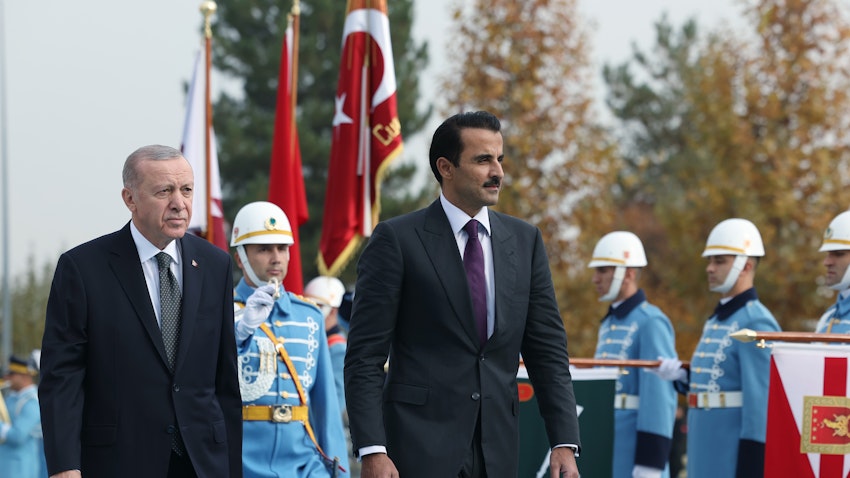
As Bashar al-Assad’s regime falls, Qatar and Turkey are stepping into pivotal roles in shaping Syria’s transitional period.
Both countries have long backed opposition forces, and with Assad’s departure, they are primed to guide the nation through reconstruction, security, and stability.
Qatar is focusing on humanitarian efforts and infrastructure development, already initiating aid deliveries and signaling its willingness to assist in rebuilding vital sectors such as energy, water, and telecommunications.
Qatar aims to avoid political entanglements and instead focus on a sustainable transition that includes lifting sanctions and fostering international support.
Turkey, on the other hand, is taking a more active role in security and governance.
Ankara has already engaged with Syria’s transitional authorities, emphasizing the dismantling of the YPG and enhancing Syria’s military capabilities.
With President Erdogan planning a visit to Syria, Turkey’s influence in shaping Syria’s future is set to grow.
However, both countries face challenges from regional players like Iran and Israel, whose conflicting interests could destabilize the situation.
As Qatar and Turkey push for a peaceful and prosperous Syria, they must navigate these tensions to ensure their goals for the nation’s future come to fruition.

